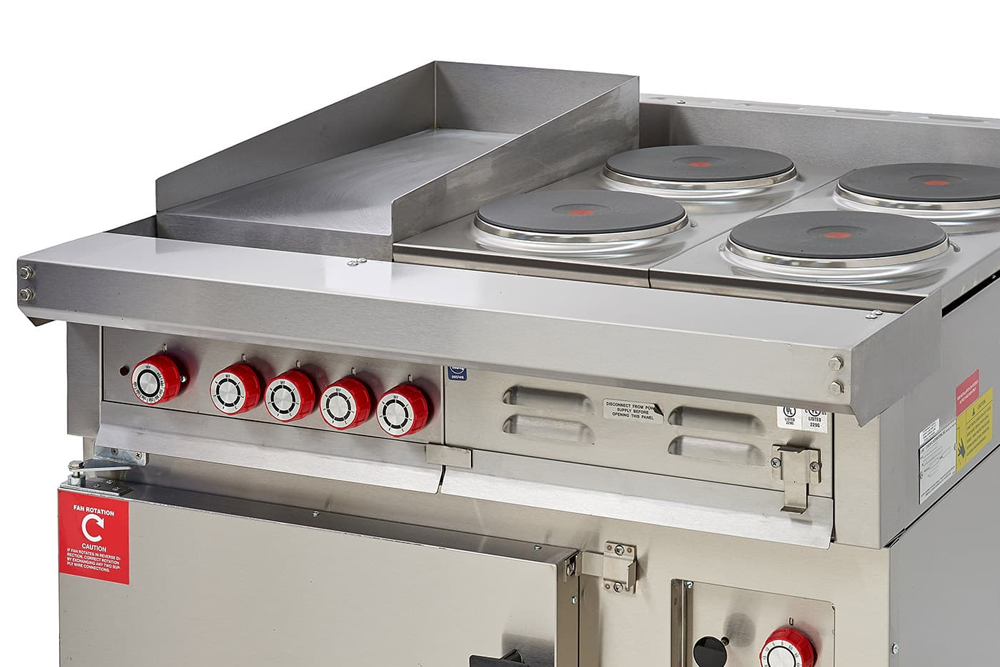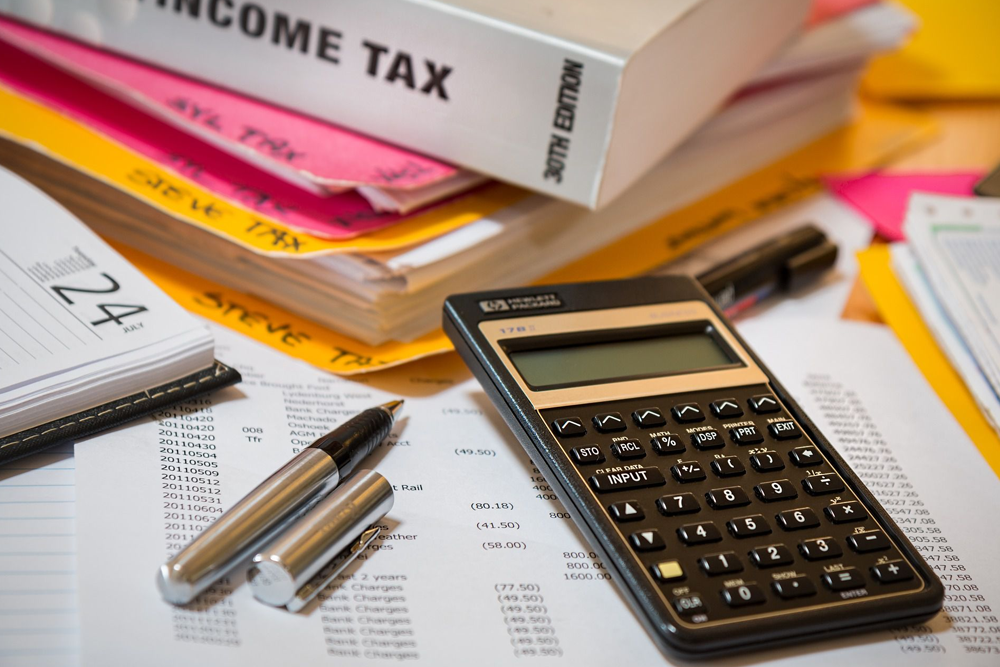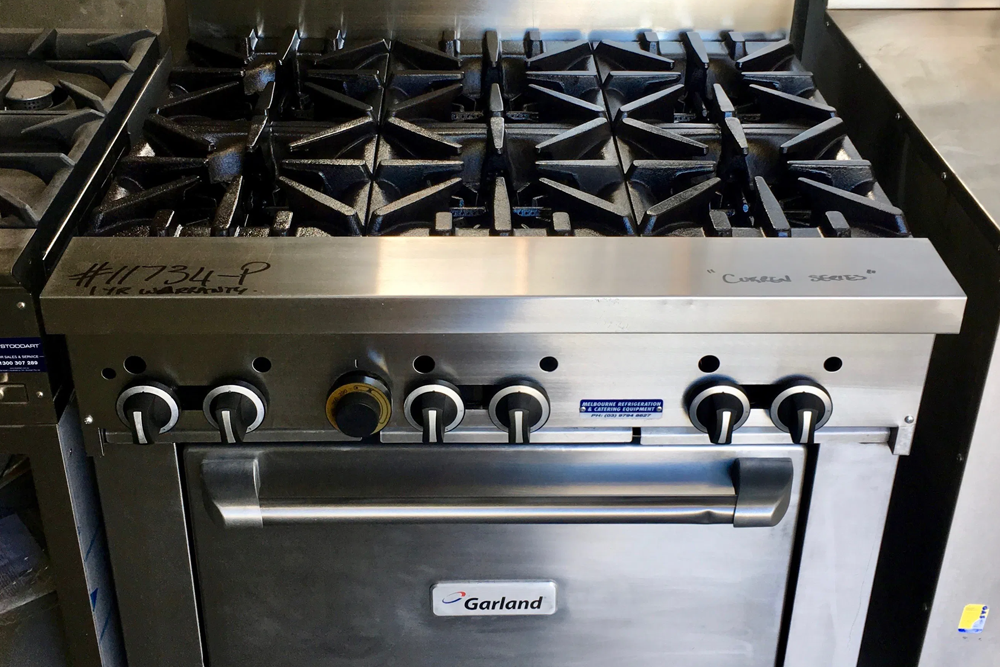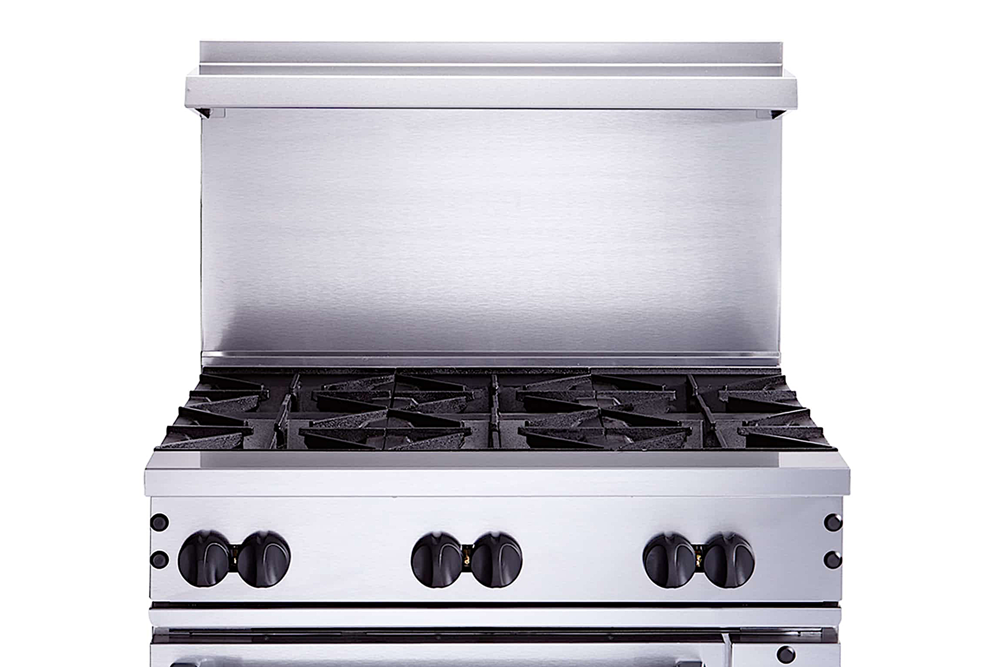 Landlords, follow these 16 moves to make big money from your rentals
Landlords, follow these 16 moves to make big money from your rentals
Thinking about buying an investment property? Real estate has produced most of the world’s wealthiest people, so there are many reasons to think that it is a sound investment. Nonetheless, experts agree, as with any investment, it is better to be well-versed before venturing in with hundreds of thousands of dollars. Below are the things you should consider and research.
Consider your comfort degree with being a landlord
Are you good at the toolbox? How good are you at repairing drywall or unclogging a toilet? You can call someone to do it for you; however, that will consume your profit. Property owners who own one or two homes frequently do their own repairs to save money.
This will change as you add more properties to your portfolio. Then you will have to put together a robust team of handymen, cleaners, and contractors. This is not advisable for new investors; however, as you get the hang of real estate investing, you do not have to remain local.
Pay down personal debt
Savvy investors may carry debt as part of their investment portfolio; however, the average person should avoid it. If you have unpaid medical bills, student loans, or children who will soon attend college, purchasing a rental property might not be the right move.
Being cautious is the key to investment. It is unnecessary to pay down debt if your real estate return is higher than the cost of debt. This is the calculation you need to make. Do not put yourself in a position where you lack the money to make payments on your debt. Always have a margin of safety.
Screen tenants thoroughly
One of the greatest challenges that landlords talk about is the cost (in stress, time, and money) of evicting troublesome tenants. An expulsion can take three to six months and can cost upward of $5,000, so do some preventive work by thoroughly screening your tenants.
Evaluate their credit score to get a sense of their financial responsibilities and a criminal and eviction investigation. Moreover, do a little reconnaissance.
Drive past their current residence and check if it is messy or have trash cans were thrown all over or even worse old broken-car with expired tags just sitting. Do not ignore these; they are big warnings.
Tenant-proof your property
Landlords can not deduct money from a security deposit due to normal wear and tear, so they have to do what they can to prevent it.
This incorporates forbidding mounted TVs in your lease, opting for low maintenance flooring such as hardwood over carpeting, securing hardware such as towel bars into studs, and installing door stops. Anything that averts reasonable daily use from leaving a mark on your property is a great move.
Simpler landscaping and durable exterior materials such as vinyl and brick can also reduce your maintenance cost.
Find the right location
Being stuck with a rental property in an area that is declining instead of stabilizing and picking up steam is the last thing you need. A locale or city where the population is growing and a revitalization strategy underway potentially represents an investment opportunity.
When selecting a profitable rental property, you should search for a location with low property taxes, plenty of amenities like malls, parks and restaurants, and a decent school district. Besides, a neighborhood with low crime rates and a growing job market might mean a larger pool of potential renters.
Understand your legal obligations
Rental owners require to be familiar with the landlord-tenant laws in their locale and state. It is essential to understand, for instance, your tenants’ rights and your obligations concerning security deposits, eviction rules, lease requirements, and fair housing to avoid legal hassles.
Get the right insurance
Protect your new investment. Note that just one cost of a frivolous lawsuit can empty your bank account. A good home insurance policy will hire attorneys to defend you in the unlikely case of a lawsuit. Home insurance covers property damage, liability protection, lost rental income, and if a tenant or a visitor suffers injury as a result of a property maintenance issue.
Use your tax breaks
Many landlords miss out on savings since they do not know what is an allowable expense when it comes to tax breaks. Landlords can claim all kinds of breaks for the upkeep of their property and in the repayment of mortgages. Hire an experienced property account to help you understand what you can do.
Crunch the numbers
Because a rental property is an investment, it ought to be analyzed as such. As a result, it is better to maximize return than maximize income. Even though you have enough money to purchase a rental property outright, you can generally earn a better return on your cash by taking a loan for most of it.
Having said that, you still need to know what you are getting into: Note that borrowing money accelerates the risk of owning a rental property. For instance, even though the unit is unoccupied for months and does not offer any income, the loan still needs to be paid monthly. If you feel overwhelmed, always consult a professional.
Form an LLC
A successful business starts by positioning itself to reduce risk. Note you can only reduce risk and not eliminate since that is impossible.
Create a single LLC (the most popular entity choice of investors) for real estate holdings. Put your rentals in one LLC; this LLC does not partner on other services or projects. All the LLC does is hold property.
If you have a short-term portfolio (go through fix and flips), add those in another LLC. If you are a property manager, home repair person, then that service is performed in a different entity. The idea here is that you limit the exposure of each LLC. Generally, a plaintiff can only go after what is in the value of LLC. Thus, if you get sued as a contractor, the plaintiff can not get ahold of your rentals since it is a distinct and separate business.
Use rental agencies with caution
Some landlords find property managers and rental agencies are worth the expenses since they save them stress and time in the long run. If you opt to use rental agencies, make sure you are getting the most money by comparing fees.
If you would prefer to forgo the fee, there are useful tools. Hiring a property manager might take some of the headaches out of dealing with tenants; however, their fees can take up to ten percent of your returns. In today’s real estate market, that can minimize your cash flow to the point of barely getting profits. You can use online automated payments, background checks, maintenance services, and lease creation on your own.
Check your property regularly
Even though you have hired someone to manage your daily management, ensure you inspect your properties regularly to ensure your tenants are keeping up properly with your investment.
Walkthrough the property as often as you can. A great excuse can be changing the furnace filter every sixty days; this will give you a chance to check for any issues before they become an expensive repair. Even an easy drive-by to ensure things are being maintained on the outside can tell you a lot.
Keep your tenants happy
Besides eviction, turnover costs rank high on landlords’ list of things to avoid. One of the biggest expenses in the rental business happens when a tenant moves out. A tenant who stays for four to five years does not complain about smudges on the wall; however, for a new tenant, you will have to paint and do other house repairs.
Keep your tenants happy by acknowledging maintenance requests politely and promptly. If you can find you have to raise rents to meet the monthly expenses, give your tenants an incentive to stick with you, similar to a small upgrade when they renew their lease.
Get the most rent per square foot
Look for properties with the highest rent per square foot. Most of the time, a 1,000 square foot apartment will rent for the same as a 1,300 square foot apartment. However, the painting and other ongoing maintenance will cost more for the larger unit.
Alternatively, you can focus on renting multifamily property, which can reduce the risk of having long periods of vacancies significantly, decreasing your risk of loss of income. In multifamily homes such as triplexes, this significantly accelerates the income potential while reducing significant losses if one tenant decides to leave. Even if these properties tend to be more costly, they tend to outperform single-family investments quite significantly in the long run.
Do not include utilities
Never incorporate variable utilities such as electricity and heat in the price of rent. Padding the cost of rent to incorporate utilities means you have to inflate the rent in an already competitive market overly.
Typically, when utilities are incorporated, the resident has no incentive to conserve, leading to higher utility bills. If you do not add enough to cover all utilities, you have to pay the difference. Utility providers often increase their rates, resulting in inconsistent invoice amounts.
Charge extra for add-ons
Consider renting any garage located on your rental property separately. Remember that not all tenants have a car. Thus you can rent that extra space out if it is suitably laid out and located.
Moreover, if you rent to tenants with pets, ask them to pay a one-time or monthly pet charge instead of paying a pet deposit. If you request for a pet deposit, that money should only be used to clean up any damage that was caused by the pet, and the remaining balance should go back to the tenant. Nonetheless, if you charge a one-time or a monthly pet fee, you can use the income at your discretion.

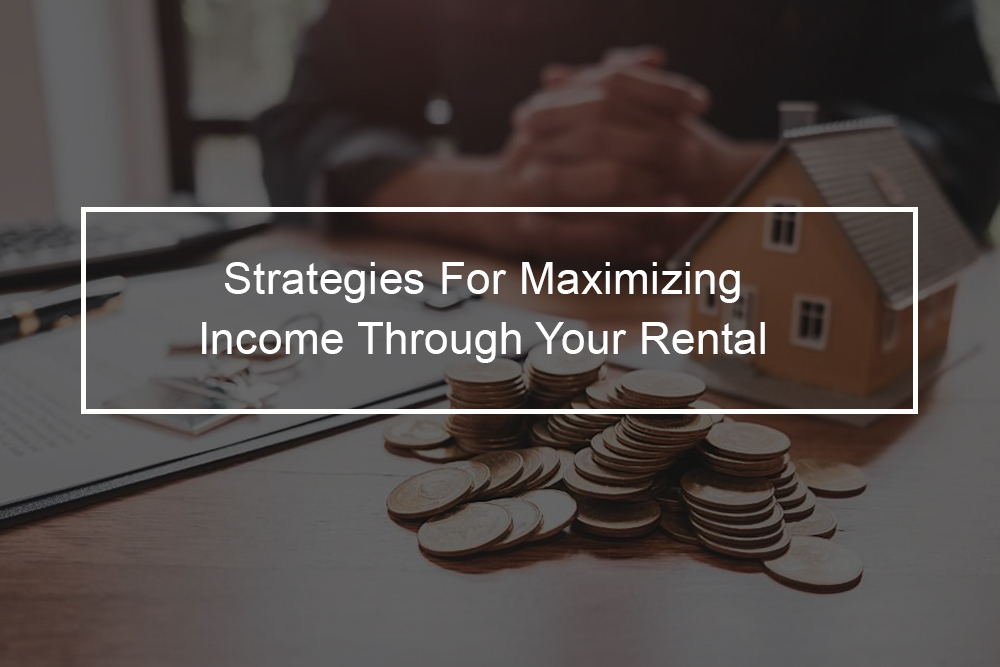 Landlords, follow these 16 moves to make big money from your rentals
Landlords, follow these 16 moves to make big money from your rentals



